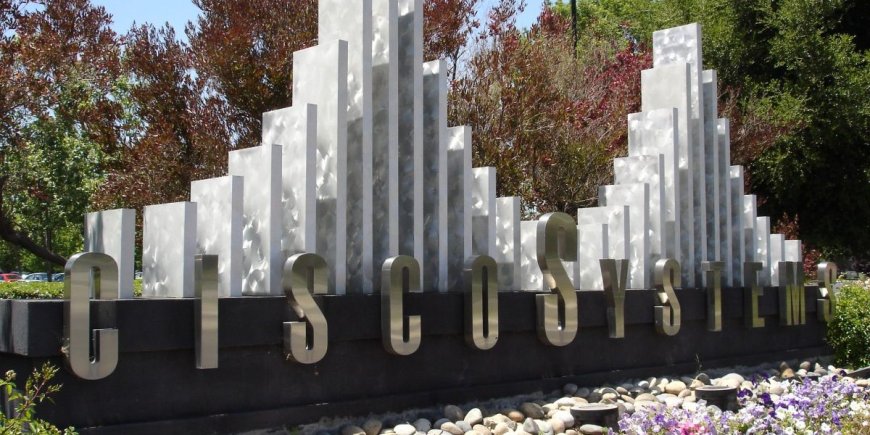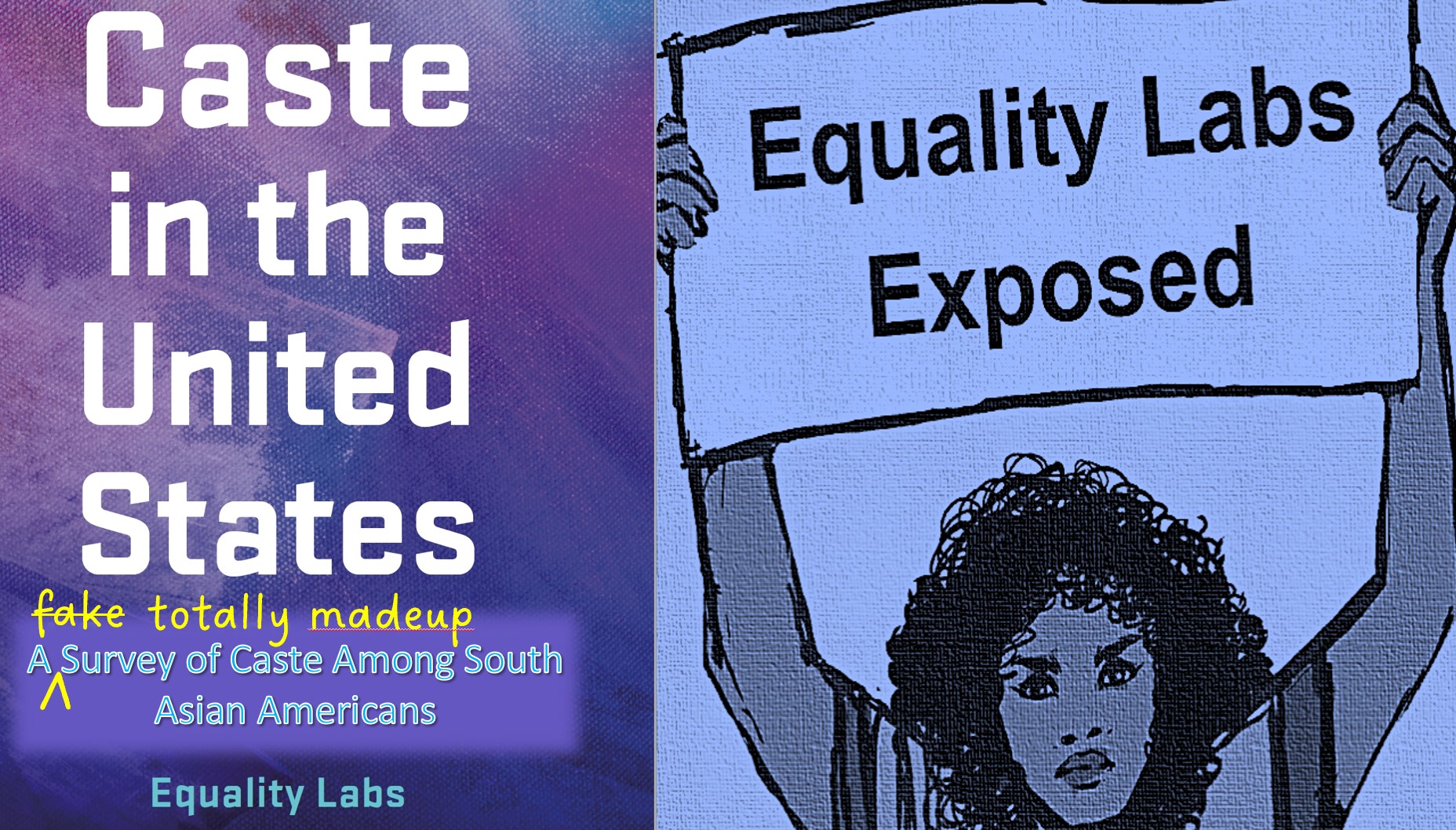This article is about the baseless and xenophobic caste lawsuit filed by the California Civil Rights Department (CRD) on behalf of a self-identifying Dalit against two Cisco employees (Sundar Iyer and Ramana Kompella). The case was ultimately dismissed, and Iyer and Kompella were completely vindicated. The case lacked factual support and relied on a debunked report by Equality Labs to bolster its claims of widespread caste discrimination in the tech sector, including at Cisco. The judge’s refusal to accept the report as evidence in February 2021 proves that the State of California violated civil rights and attempted to attribute wrongdoing to Hindus and Indian Americans based on their religion or ethnicity.
A former Cisco employee — a self-proclaimed Dalit going by the name “John Doe” to protect his identity – who sued his prior employer because he was not awarded the head of engineering position at Cisco, never even bothered to apply for the position.
Doe’s allegations were unfounded.
Doe was an Indian engineer at the Silicon Valley headquarters of Cisco Systems Inc. In his lawsuit against his former boss Sundar Iyer, John Doe claimed discrimination based on his caste, even though Iyer does not subscribe to caste, was not aware of Doe’s caste, and had offered the position to another Dalit candidate before Doe even complained.
Despite these facts, the California Civil Rights Department (CRD) – previously the California Department of Fair Employment and Housing (DFEH) — — sued[1] Cisco and two of the company’s employees on behalf of Doe, claiming discrimination based on Doe’s caste. However, the evidence suggested that Doe’s allegations were baseless. In fact, Doe was being compensated in millions of dollars, and at least four of his colleagues, who did not identify with any caste, also did not receive a raise. This indicates that Iyer hired and fired employees based on merit and not on any other grounds.
According to page 1, lines 9-14[2] of his complaint in response to the CRD’s lawsuit, Iyer notes that he is a non-religious American citizen who has publicly admonished “the Indian caste system for over a decade.” Later in the filing, Iyer notes that he has never undergone any rite of passage or caste marker as deemed by the upayanam thread ceremony and rite in which the young Brahmin boy is invested with the sacred thread and initiated into the Gayathri.
In his own rebuttal to the CRD’s baseless lawsuit, Iyer himself states (on page 2, lines 15-21)[3]: “Doe’s caste had absolutely no influence on any management decisions I made, including decisions regarding his work assignments, training, reporting structure, and performance at Cisco. Indeed, it would be illogical for me to have actively recruited and hired Doe, offering him an extremely generous compensation package, the joint highest grade in my group, only to then hinder his performance because of his caste. My actions in the months both before and after Doe’s hiring, and in giving him several leadership opportunities, further demonstrate that his allegations are meritless.”
Despite these facts, the CRD and Doe claimed his supervisors and co-workers were “beneficiaries” of the “caste” system and that they “imported” this alleged bias to the United States and, subsequently, to Cisco. However, it is important to note that Doe – who filed his complaint against Iyer and Cisco for being denied several thousands of dollars in a raise due to his “lower caste,” was being compensated in millions of dollars. In addition to this, at least four of Doe’s eight colleagues – who were forcibly referred to by their higher castes despite not identifying with any caste — also did not receive a raise. This only further supports the fact that Iyer hired and fired employees based on merit and not on any other grounds. On page 2, lines 9-14 [4]of his filing, Iyer notes that he offered Doe his position as head engineer, which Doe turned down prior to suing Iyer:
During my time at Cisco, project members were recruited, hired, managed, and promoted based on their qualifications and work ethic, not because of their caste identity. One of these members self-identified to me as a Dalit decades ago. While knowing this and before Doe raised his complaint internally, I recruited and hired him for a head position on the project. I subsequently also offered him the Head of Engineering role, again before Doe raised any complaint. I championed his career and ultimately offered him my position, which he declined.
The issue of caste discrimination is a serious one, and it is important to address it wherever it occurs. However, the lawsuit filed by the CRD against Cisco on behalf of Doe was frivolous and unfounded. It is clear that Iyer used merit-based hiring as a metric for his employees and that Doe refused to apply for the head engineer position Iyer offered to him. Baseless claims of discrimination only serve to undermine the Hindu and Indian American community and cause those who are actually victims of discrimination to remain unheard. This level of deception against Hindu Americans will not serve civil society at large well. When lies are constantly presented as truth, reality becomes shrouded in deception.
[This article is being republished with permission from Castefile.Com, where it was first published. The text has been slightly modified to reflect the recent dismissal of the case by the court.]
Citations
[1] CA. Dept. of Fair Employment & Housing v. Cisco Systems, Inc. et al, Docket No. 5:20-cv-04374 (N.D. Cal. Jun 30, 2020), Court Docket (bloomberglaw.com)
[2] Declaration-of-Sundar-Iyer.pdf (castegate.org)- p.1, lines 9-14
[3] Declaration-of-Sundar-Iyer.pdf (castegate.org) – p.2, lines 15-21
[4] Declaration-of-Sundar-Iyer.pdf (castegate.org) – p.2, lines 9-14







